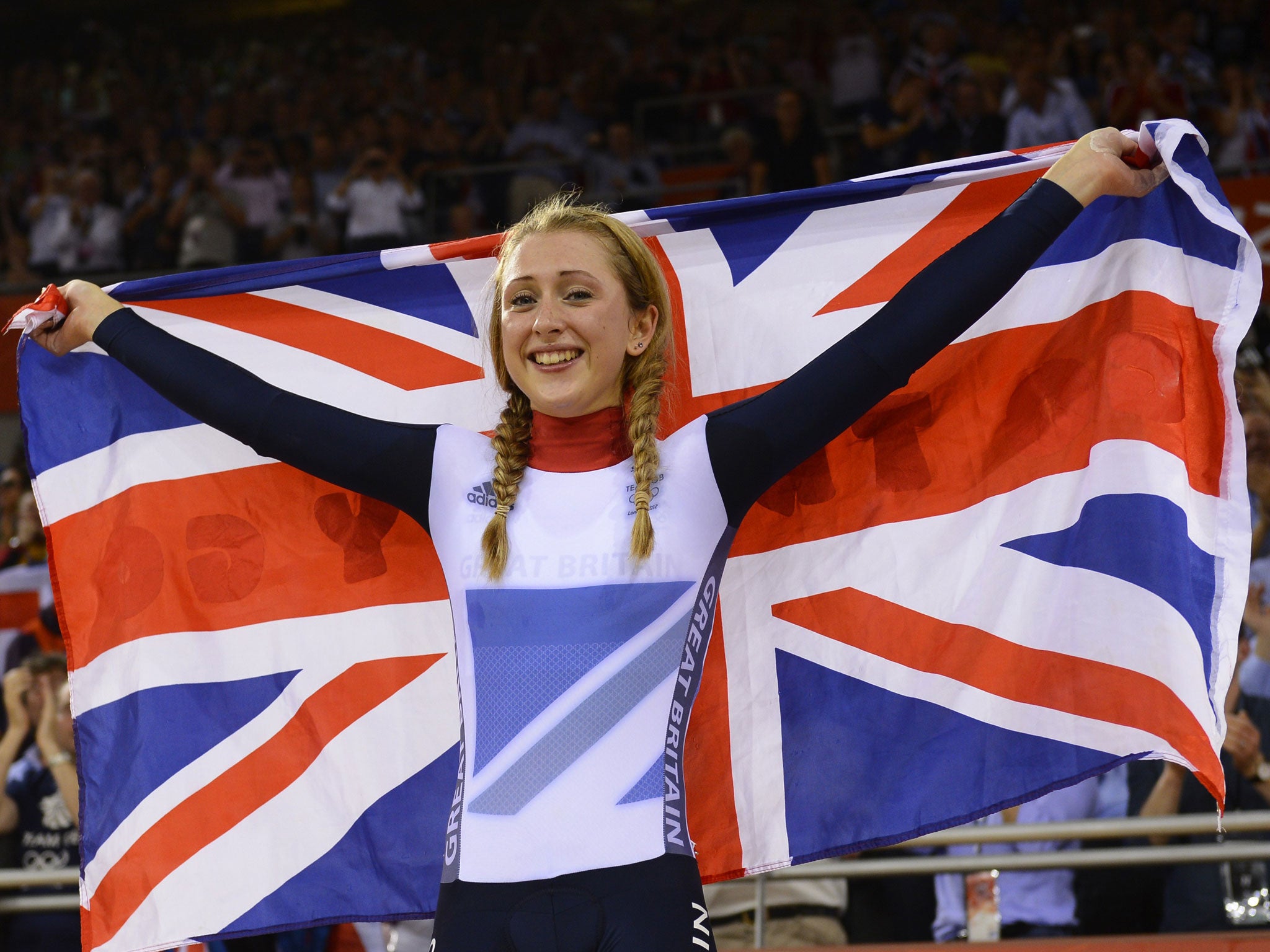Ashling O'Connor: How long before a woman is deemed capable of managing a top men’s side?
The FA’s decision to appoint a male coach of the England women’s football team shows progress – but there’s still a long way to go

After job manoeuvres this week, the pipeline of England’s top female football talent from Under-15 level up to the senior team will be developed by two men. It should not be noteworthy – we ought to have moved on from noticing gender in sport – but it is.
After 15 years under the guidance of Hope Powell, the women’s national team will be managed by Mark Sampson, appointed by the Football Association as the new head coach. Brent Hills, who has been caretaker manager since Powell’s sacking in August, was this week named head of women’s elite development. He will report to Dan Ashworth, the highly rated director of (men’s) elite development at St George’s Park, the national centre of excellence.
Finally those running football – a full 11 years after John Harmer became head coach of the England women’s cricket team, to be followed by a succession of men – do not see the job of developing female talent as one for a woman.
How long before a woman is deemed capable of managing a top men’s side in England? Well, let’s not get carried away. I’d like to think the answer would be “some time soon” but I think it’s more likely “a while yet”. The depth of coaching talent is not quite there.
Still, it underlines a subtle shift in attitudes towards women in sport this year on the back of the London Olympics, where female athletes produced their best ever collective performance for Great Britain.
It has not been seismic but it took 63 years from John Stuart Mill’s first proposal that women should be allowed to vote to the granting of universal suffrage in 1928. These things tend to take time.
The active promotion of women’s sport by the BBC made a huge difference. It is now almost commonplace for the women’s football scores to be read out on the radio along with the men’s. And long overdue it is too. If the public service broadcaster cannot get behind sports that commercial channels claim are not popular enough, then who will? But even that myth is being tested. If there wasn’t a market for it, why would Sky have launched a weekly programme called Sportswomen? Or struck a deal to broadcast the Sunday Times Sportswomen of the Year awards?
As Barney Francis, Sky Sports’ managing director, noted, six million women watch his channels every month. To marginalise them would be commercial folly.
In 2013, female athletes were given their dues. Most casual fans are more likely to have heard of Non Stanford, the women’s world triathlon champion, than Tai Woffinden, the men’s world speedway champion.
Two women – Christine Ohuruogu and Hannah Cockroft – made the 10-strong shortlist for BBC Sports Personality of the Year. A vast improvement on 2011, when it was all men – funnily enough, voted for by male sports editors and the lads’ mag Nuts.
With the first woman appointed sports editor of a national newspaper this year – Alison Kervin of the Mail on Sunday, who was also on the Spoty judging panel – the balance of editorial power is slowly shifting.
You don’t get more blokey than 606, Radio 5 Live’s football phone-in presented by Robbie Savage and Darren Fletcher on Saturdays, but it is edited by a woman – Jo Tongue – and on Sundays the line-up is more balanced when Ian Wright and Kelly Cates co-present.
There has probably never been a better time to be a woman in football, particularly on television.
Some think positive discrimination has even gone too far. Philip Davies, a Conservative MP on the Culture, Media and Sport Select Committee, this month accused broadcasters of “nauseating... politically correct, tokenistic, tick-boxing [sic]” over its use of women presenters.
But it is largely agreed most are there on merit. Few men – anywhere in the country, let alone in Westminster – would come off well in a pub quiz against Clare Balding. Politicians are not exactly in a strong position to criticise when Helen Grant, the Sports Minister, cannot even name this year’s women’s Wimbledon champion (Marion Bartoli if you had to check).
If I had daughters, I would not worry about where they would find sporting role models. They are everywhere: Jessica Ennis-Hill, Laura Robson, Chrissie Wellington, Nicola Adams, Laura Trott, Becky James, Ellie Simmonds, Katherine Grainger, Charlotte Edwards, Casey Stoney. I could go on. As a child of the Eighties, I felt like it was a choice between Fatima Whitbread and Jayne Torvill.
Of course, all it takes is a Diva-esque performance like the one this week by Heather Mills, the ex-wife of Sir Paul McCartney, to set back the women’s movement. But hopefully her allegedly “disgraceful outburst” at a Paralympic official, who warned her that her modified ski boot broke regulations, says more about spoilt celebrities than female competitors.
We are making progress. Women’s sport still finds it hard to stand alone – as the sad demise this week of a specialist magazine demonstrates – but the more mainstream it becomes the easier it will be. One day we might even drop the gender moniker and just call it sport.
Subscribe to Independent Premium to bookmark this article
Want to bookmark your favourite articles and stories to read or reference later? Start your Independent Premium subscription today.

Join our commenting forum
Join thought-provoking conversations, follow other Independent readers and see their replies